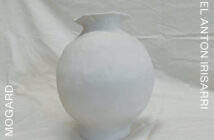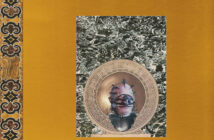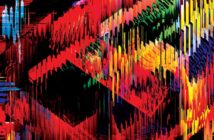
The string quartet might not be most representative of Philip Glass’ work, but they offer a compelling vehicle for distilling his approach. A pioneering Minimalist, Glass has one of the most recognisable voices in contemporary music, which has become both a blessing and a curse. His music can be both spellbindingly thrilling and mind-numbingly dull, occasionally in the one piece. His early operas remain fascinating and revolutionary, yet his more recent symphonies and film scores wheel out the same dreary arpeggios, magnified into absurdity, transforming personal style into weary cliche. This collection of string quartets, the first four of the five Glass has written, hammer away, in subtly varied ways, at an admittedly restricted compositional palette. However, perhaps due to the idiosyncratic nature of the medium and the vast historical baggage it’s lumbered with, and the commitment invested by performers the Carducci Quartet, these pieces transcend the limitations of Glass’ compositional approach, and stretch the quartet format into new and intriguing shapes.
The First Quartet comes from 1966, a seminal period in Glass’ development, struggling against dominant twelve-tone serialism towards a new, direct and simple language. Minimalism’s blindly repetitive patterns had yet to fully assert themselves, at least in Glass, but they’re not far off. Raga runs and Eastern-tinged modes meet with rare punctuations of silence and a looser rhythmic sense, all products of Glass’ interest in Ravi Shankar and John Cage. The Second String Quartet didn’t arrive until 1983, and by this point his Minimalist approach was fully realised. Flowing rhythms are bowed away on lower strings over which melodic patterns are unfolded, and repeated, on violins, creating a fresh, forward drive and a blossoming tonal lushness.
The Third Quartet (1985) takes these ideas a step further. Based on Glass’ score for Paul Schrader’s film Mishima, the composer’s familiar tropes are here whipped into a frenzy, effectively evoking the crazed, fascistic mind of the film’s protagonist, suicidal novelist Yukio Mishima. The Fourth Quartet of 1989 shifts gears back somewhat, and while the typical traits are still present, we’re also given a greater engagement with the string quartet tradition, particularly that of Schubert and Dvorak, and a matured sense of restraint. This is a fantastic survey of one facet of Glass, focusing on the sheer excitement that can result from repetitive, cumulative development and ignoring the tedium of his later scores.
Joshua Meggitt



